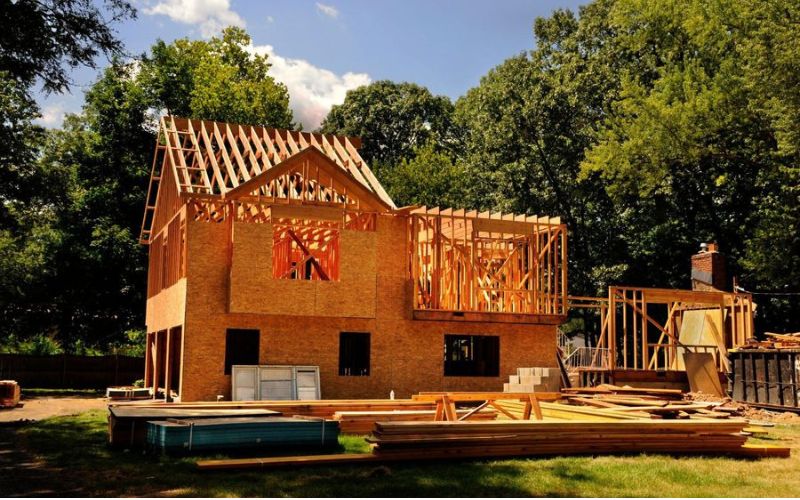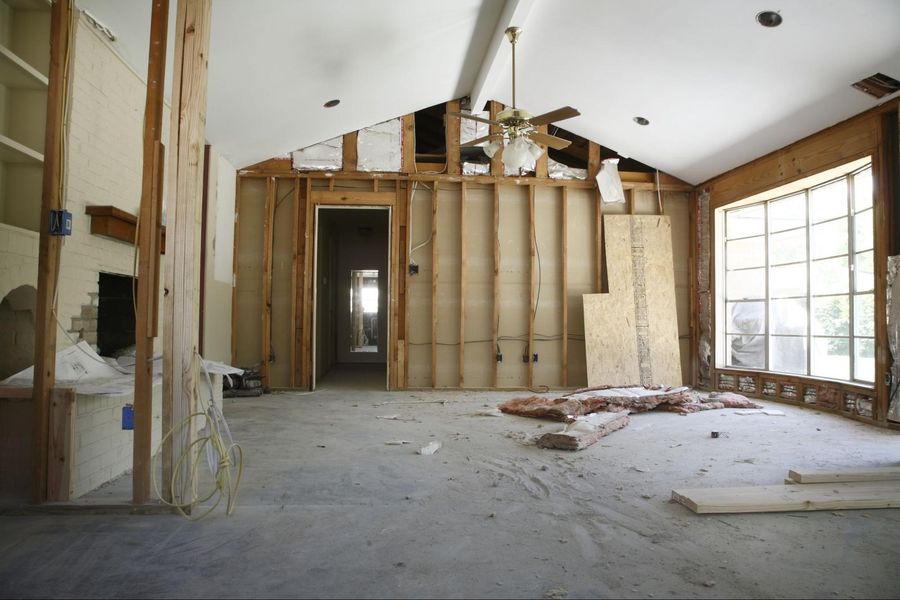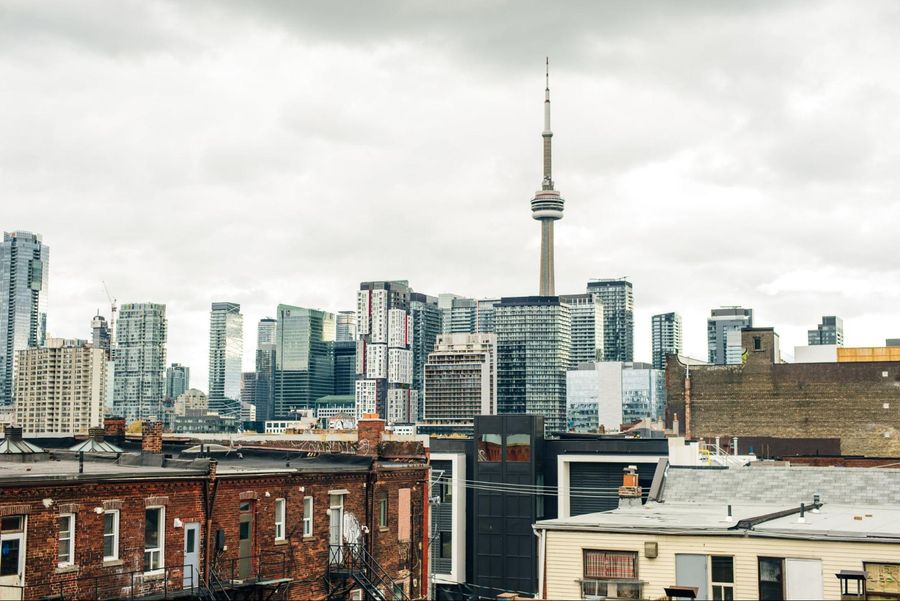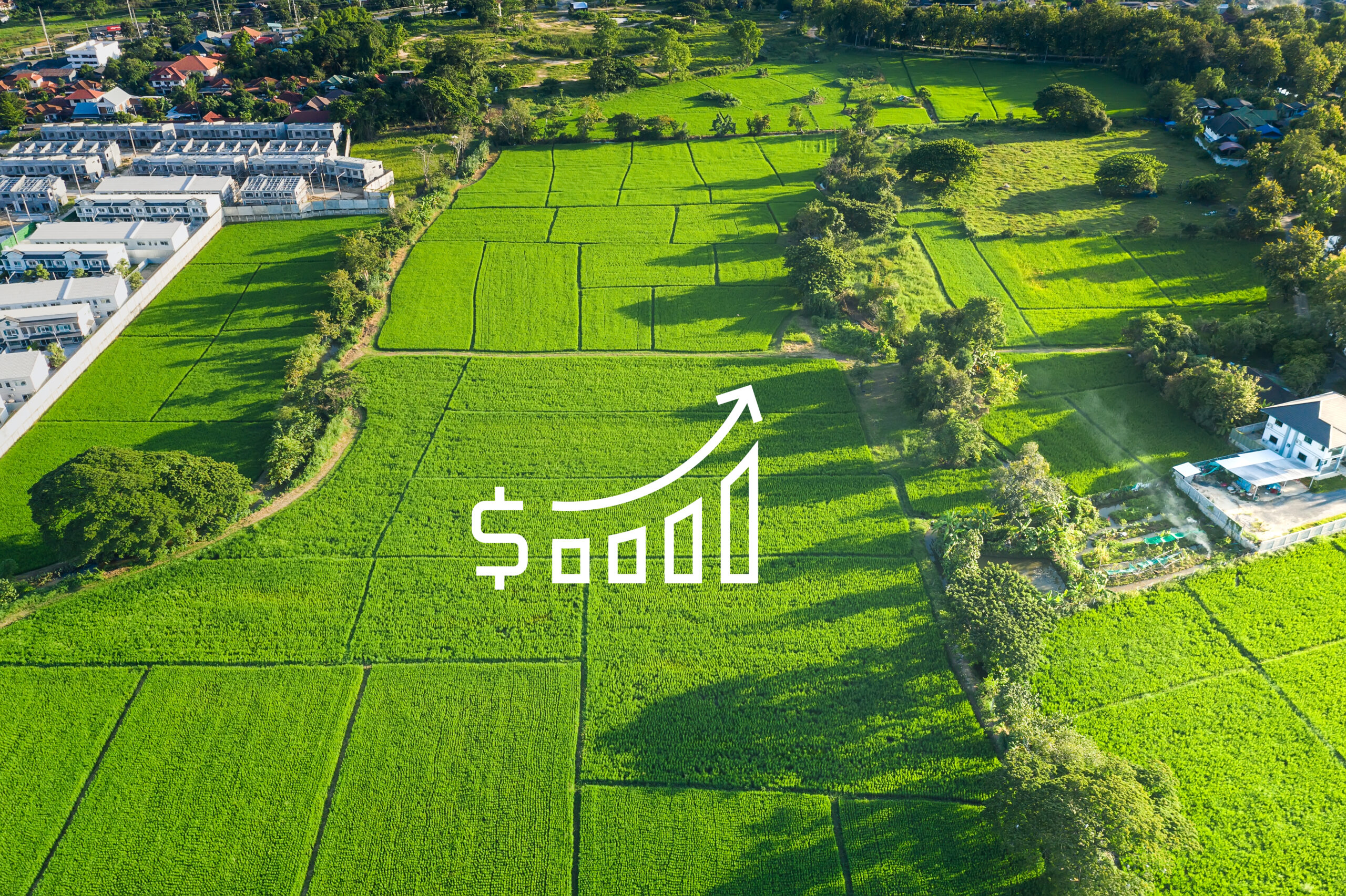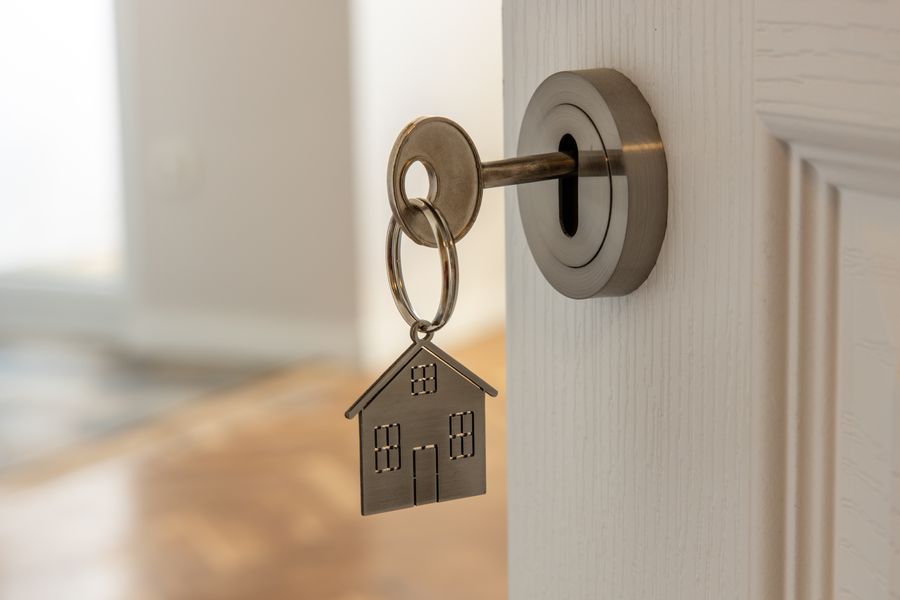Last Updated on October 24, 2023 by Corben Grant
When it comes time to buy a home in Ontario, most people will spend a long time looking for that perfect space to finally call their own. This can be a long and frustrating process, but in the end, you may find something close to what you wanted. Close is the important word here because rarely will you find a home that fits all of your criteria perfectly, and even if you do, the competition in the Ontario housing market can mean you may not be able to actually buy the home anyway.
There is another way to find a home that is everything you want it to be Rather than it being a long and difficult process … well, actually, it’s still going to be a long and difficult process, but it’s a very different process than buying a home and the final results can be even more rewarding.
I am talking, of course, about building a new home. There are many reasons why someone may choose to build a home over buying a resale home – the result is a home perfectly tailored to the desires of the owner. There are few pleasures greater than getting to live in a home that was perfectly designed for you and your family.
However, building a home is no simple task. You’ll need to learn a lot about the process and get help from others who know even more or are familiar with the process if you want your project to go over smoothly, be completed quickly, and remain within budget.
In this article, we will cover what you need to know when building a home in Ontario and what you can expect from the process.
Why consider building your dream home?
There are many reasons why one may choose to build their own home. The most obvious is the benefit of total customization. Everything from the land you build on up to the roof on top can be made exactly to your liking. You can design the layout of your home to reflect your family’s needs and accommodate for things like entertaining, hobbies, workspaces, and more. You can choose the exact finishes you want in kitchens and bathrooms whereas resale buyers may need to undergo expensive renovations to meet their tastes.
You will also get to choose your own location. Do you want to be in a city, in a rural area, in the deep wilderness or even on an island? Wherever you can buy land, you can build a home (though remote properties can be more expensive to build on.)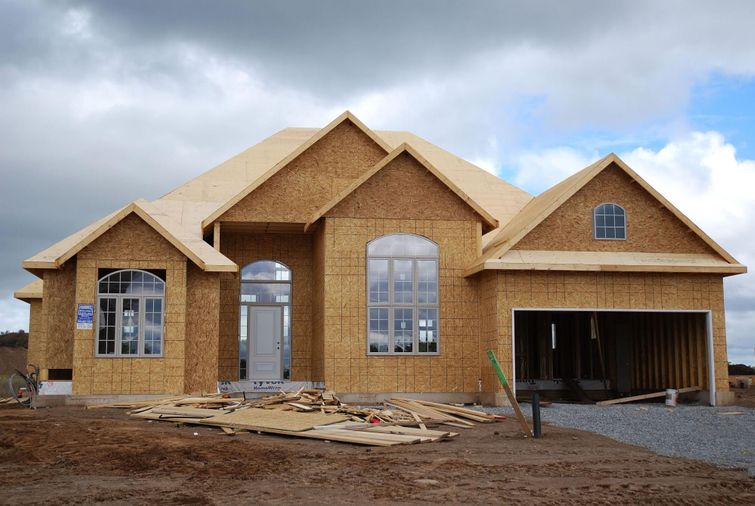
You are also getting a brand new house. This means you will possibly have multiple years free from the maintenance and deterioration that buildings are subject to. And, since land and homes have tended to grow in value over time, you are essentially getting your home for the best price it may ever be sold for.
Finding the right plot of land
The first step to building a home is to find a plot of land that is suitable to build upon. To find the right land, you need to ask yourself a few questions that will determine what is suitable.
Firstly, how big of a plot of land do you want? This will determine not only how big your home can be, but also how much extra land you will have beyond your home. The grade of the land can also come into play if you want to build a home with a walkout basement, for example.
Do you want to be in or near a particular city? This will help narrow your choices to a certain area and also help you to get a rough idea of how much you can expect to spend. Generally, new builds in a city will be more expensive than rural builds due to the difficulty of building in a developed area and extra costs for things like permits for demolishing an existing building.
You should also consider other factors that can add to the cost of your project. For example, if you are buying a mostly raw plot of land, it may be cheaper but you will spend a lot extra to remove trees, rocks, and to prepare the building site.
Luckily, in the province of Ontario, you have no shortage of options for land – from urban plots all the way to the northern wilderness. Take your time to find what works for you – it’s not easy to move your home once it has been built. Land is listed for sale a lot like homes are and there are real estate agents who specialize in land purchases that can help you find the right property for you.

Designing and building your own home
Once you’ve found a plot of land, it’s time to actually figure out exactly what you want to build. In this step of the process, you will need to determine the actual layout and design of your home as well as the logistics of who is going to build it and when.
Custom homes vs. production homes
The process of designing a custom home is something that takes a considerable amount of skill, so while it may be fun to imagine your own plans, you will need to work with an architect to turn them into a reality. Don’t worry – you won’t be completely excluded from the planning. It’s your home, after all, so you’ll be able to have input on the design but the architect will provide the necessary technical knowledge to make sure that whatever you come up with is actually a sound and safe structure.
Custom homes can be exciting, but they can also be a lot more expensive. There is another option for new builds known as a production home. Production home builders offer a range of pre-designed home plans with general prices you can expect to pay. You may also be able to choose some more superficial features such as finishes and paint colours, but you will not have as many customization options. In return, your new build will be a bit cheaper and can be put together faster, avoiding the potential delays of custom homes.
Working with a contractor
Arguably the most important step in new home construction is having someone actually build the home so, unsurprisingly, your choice of contractor will be one of the most consequential decisions you will make in this process.
One of the biggest factors in choosing a contractor comes down to the production or custom home option outlined above with some builders specializing in one or the other. When looking for a builder, you need someone who is reliable to get the job done, completed on time, and within budget. You should look at reviews and testimonials from past clients to get an idea of how the builder works and look at some of their past builds to know if they are right for you. Again, take your time with this decision – a bad contractor can be a major headache to work with and can even potentially lead to a poorly built home. You should seriously consider shopping around for multiple different builders in your area.
Builders can offer you quotes on how much your project will cost. You may also be able to get a rough estimate through one of many online construction cost calculators or do your own estimates by hand, but a builder will be most suited to determine based on the individual needs of your project.
Once you have found a builder you think you like, you should pay careful attention to the contract you reach with your builder. Take note of what is and isn’t included such as driveways, landscaping, or building permit costs. Also, pay attention to what happens in the event your builder needs to increase costs. These days, material costs can be unpredictable. If your quote doesn’t account for these sorts of potentials, you may find yourself facing some costly surprises down the line.
How long will it take to build a new house?
The process of new home construction is not something that you get done over a weekend. Even at its fastest, you are still looking at the better part of a year from planning to moving in. This time only increases with the size and complexity of the project.
Generally, the planning stages including design, acquiring a building permit, and preparing to build, can take three to four months. This is assuming the people you hire don’t have other projects on the go and are able to start right away. The bulk of the structure will also take about three to four months to build. In Ontario and most of Canada, this part of the process must be completed in a timely manner so most of the building is completed from spring to fall as winter conditions can seriously complicate the process.
Once the exterior structure is completed, the job is not yet done. All of the interior parts of the house can take another three months to finish and perform all of the last checks before you can take possession.
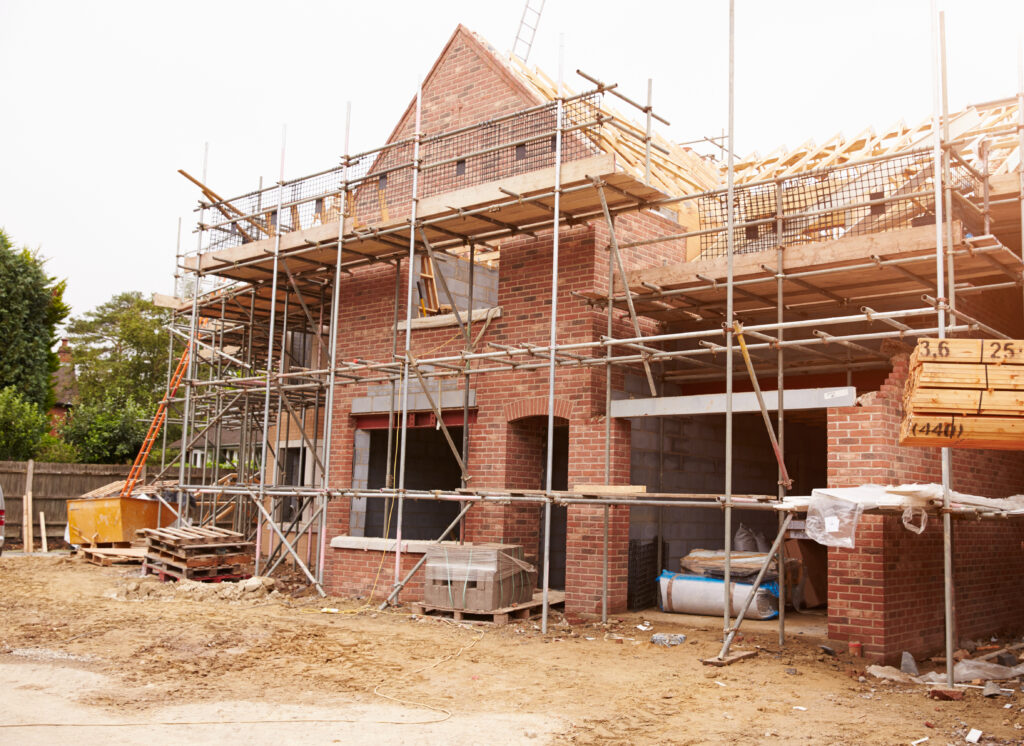
Just remember that these numbers are only rough estimates, as various factors can slow down or speed up a new home project. In general, the complete design and construction process will take about seven months at the fastest, or two years for a more complex build.
How much does a new home build cost?
The price of your new home is going to depend greatly on the land you choose to buy and where you’re deciding to build so it’s hard to determine an exact price.
According to Stats Canada, the average cost per acre of farmland in Canada was about $12,000 in 2020 and that has likely gone up since. A 2022 Canadian construction cost guide from Altus Group lists the construction costs per square foot of a detached home in Toronto at up to $260 per square foot or up to over $1,000 per square foot for a custom-built home. Note that these are only construction costs and may not account for some other costs and building in Toronto may be more expensive than in many other areas in the province.
Overall, a new build home is at best comparable in price to a similar resale home and easily much more depending on the project. For the truly custom experience, you will need to pay a premium over a less personalized production or a kit home.
Financing for a new home build
Construction is expensive and most people who choose to build a home will likely need a bit of help to cover the costs. Luckily, like buying a resale home, there are financing options available for new builds though they work a bit differently.
The most common form of financing is known as a construction mortgage or construction loan. These loans can help cover the home construction as well as the cost of buying land. Because vacant land does not have as much value to secure your loan against, your lender may require a higher down payment for a construction loan, perhaps up to 30%. It may also be harder to get a construction mortgage as a first-time buyer as many borrowers choose to take out money against their existing home equity to fund a building project.
There are two common types of home construction loans, known as a completion mortgage and a draw or process mortgage. In a completion mortgage, you don’t receive the loan until the project is complete, allowing you to adjust your needed budget as you go. With a draw or progress mortgage, your loan will be a set amount that can be drawn at certain points or milestones during the build process.
Your lender may have some specific requirements when approving you for a construction loan. This may include things like completing the project by a set date, working with a specific builder, and more. They will also want to see a solid estimate from your builder before approving any loans.
Conclusion
Building a home in Ontario is a very exciting and rewarding experience. Though it may be more complicated than a resale home and can take a bit longer, the final result is a completely new home built just to your liking. Hopefully, you now know a bit more about the process of building a new home in Ontario. For more information, see our articles on , or .
Corben joined CREW as a relative newcomer to the field of real estate and has since immersed himself and learned from the experts about everything there is to know on the topic. As a writer with CREW, Corben produces informative guides that answer the questions you need to know and reports on real estate and investment news developments across Canada. Corben lives in Guelph, Ontario with his partner and their two cats. Outside of work, he loves to cook, play music, and work on all kinds of creative projects. You can contact Corben at corben@crewmedia.ca or find him on Linkedin at https://www.linkedin.com/in/corbengrant/.


